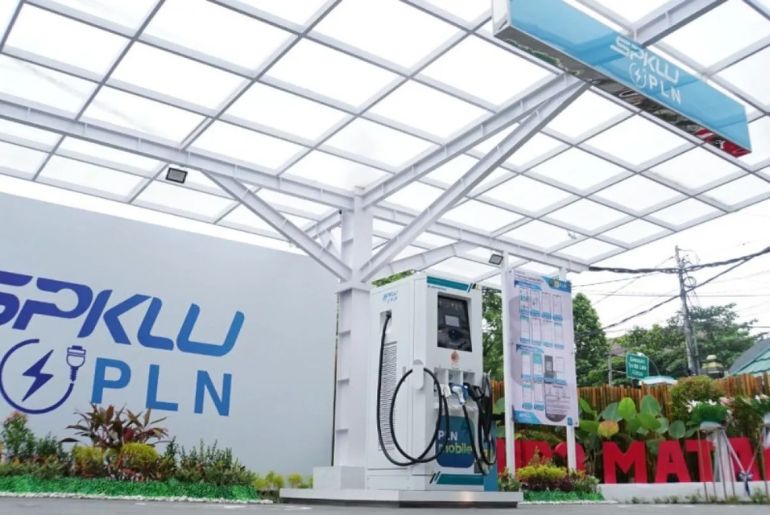In a significant step toward advancing Indonesia’s sustainable mobility agenda, Perusahaan Listrik Negara (PLN) has inaugurated Jakarta’s first large-scale electric vehicle (EV) charging centers. This initiative aims to bolster the nation’s green energy infrastructure and support the government’s ambitious target of achieving net-zero emissions by 2060.
The new EV charging centers, established under PLN’s “Green Energy Transition Program,” are strategically located across Jakarta to enhance accessibility and convenience for electric vehicle owners. These hubs are equipped with various fast and ultra-fast chargers, capable of serving both private EVs and public transport fleets, including electric buses and taxis.
According to PLN officials, this move represents a crucial milestone in Indonesia’s ongoing efforts to create an integrated EV ecosystem. The charging stations are powered by renewable energy sources such as solar and hydropower, underscoring PLN’s commitment to environmental sustainability and carbon neutrality.
Speaking at the inauguration ceremony, PLN President Director Darmawan Prasodjo emphasized that the establishment of these centers aligns with Indonesia’s broader vision to accelerate clean energy adoption and reduce dependence on fossil fuels. He added, “PLN is committed to supporting Indonesia’s transition toward electric mobility. These large-scale charging centers will serve as catalysts for EV adoption, ensuring reliable access to charging infrastructure for all users.”
The initiative also includes digital integration through PLN’s mobile app, allowing users to locate nearby charging points, check real-time charger availability, and make seamless digital payments. This customer-centric approach is expected to make EV ownership more convenient and attractive for urban commuters.
Industry experts have hailed PLN’s move as a transformative development that could pave the way for Indonesia to become a regional leader in electric mobility infrastructure. With Jakarta facing increasing air pollution and rising fuel costs, the expansion of clean energy-powered charging facilities is expected to deliver both environmental and economic benefits.
PLN’s future roadmap includes expanding this charging network to other major cities such as Surabaya, Bandung, and Bali over the next two years. The company also plans to collaborate with EV manufacturers, transport operators, and renewable energy providers to further enhance the accessibility and efficiency of the country’s EV ecosystem.
As Indonesia accelerates its green mobility transition, PLN’s large-scale EV charging centers mark a defining moment in the nation’s journey toward a cleaner, smarter, and more sustainable transportation future.

